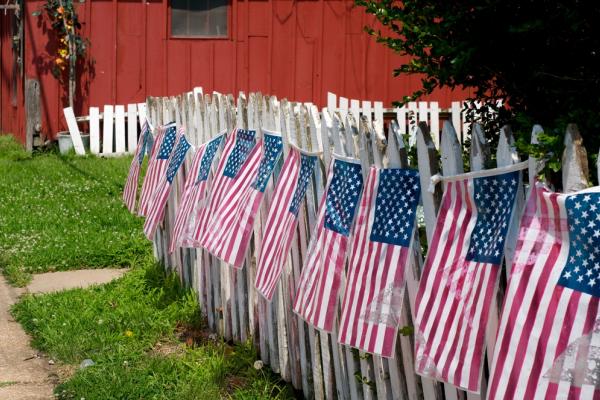Apr 25, 2012
What is Ubuntu? The principle of Ubuntu was birthed in Africa and there is no direct translation of the word into English. Archbishop Desmond Tutu summarizes it well:
“You know when it is there, and it is obvious when it is absent. It has to do with what it means to be truly human, it refers to gentleness, to compassion, to hospitality, to openness to others, to vulnerability, to be available for others and to know that you are bound up with them in the bundle of life, for a person is only a person through other persons.”
The observations of my life thus far have led me to conclude that it is popular to argue for the advancement of the individual.
Read the Full Article

Already a subscriber? Login
